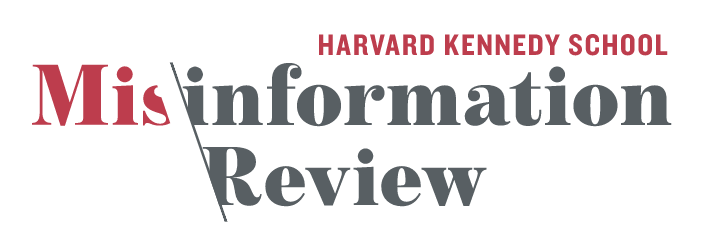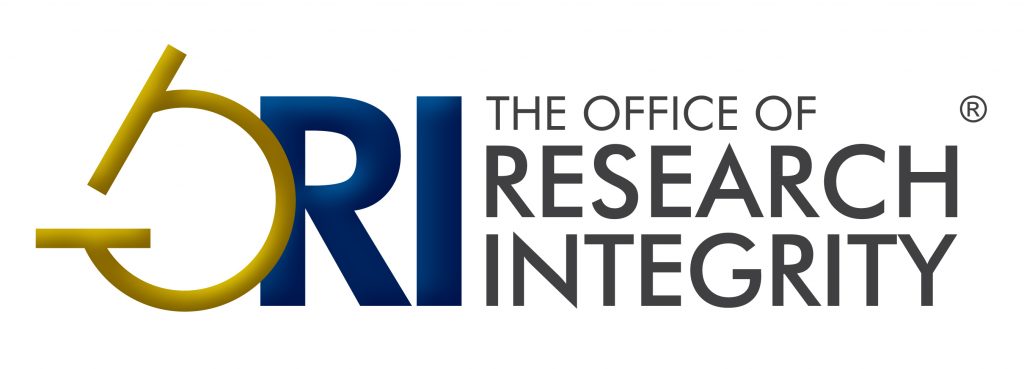A group of cancer researchers once all based at Harvard have earned a retraction after acknowledging data duplication “errors” in an article published more than eight years ago.
The paper, “Synthetic lethality of combined glutaminase and Hsp90 inhibition in mTORC1-driven tumor cells,” was published in the Proceedings of the National Academy of Sciences (PNAS) in December 2014. It has been cited 52 times, according to Clarivate’s Web of Science. The study informed a clinical trial from Infinity Pharmaceuticals on a drug for people with lung cancer, according to Dimensions, a scientific research database.
Starting in November 2020, the paper drew scrutiny from commenters on PubPeer. The posts include claims of duplications in several of the paper’s figures; none of the authors has responded to the 10 comments on the site.
Continue reading Former Harvard researchers lose PNAS paper for reusing data








